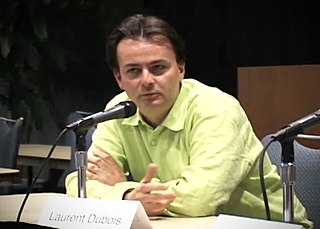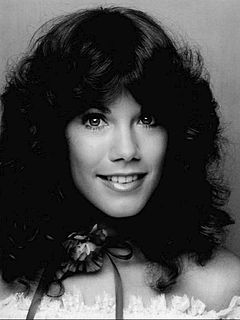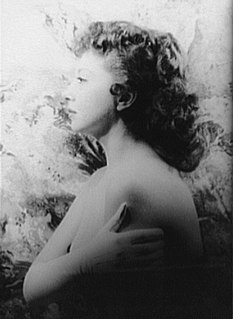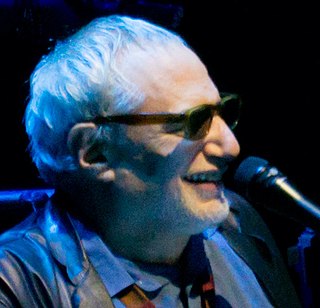A Quote by Audie Murphy
They were singing in French, but the melody was freedom and any American could understand that.
Related Quotes
The transformations of the French empire itself or of French power structures themselves as well as the emergence of a kind of language of equal rights starting with the American Revolution and the French Revolution provided an opportunity and in some ways connected with other kinds of ground level desires or hopes and ideologies for freedom that were coming out of the plantation regime itself.
If I would want to have a huge audience, I would make American movies, not French movies, because there is a limit of course with French language. If I prefer to shoot in my own language, it is to play with my language, to play in my Paris, and I have complete freedom in France. It's so amazing. If American directors could imagine how free I am, they would have asked for political asylum immediately.
The Second World War had a precipitating effect in that it discredited the empires, as well as bankrupting them. Not only could you no longer, if you were a colonial subject of France in Africa, look to France as a model of power and influence and civility after what had happened in the war. Nor could the French any longer afford to run their empire. And nor could the British, although they were not discredited in the way that the French were.
There was never a choice to sing in English or French, that's the thing. We started a band and sang right away in English. You reproduce the thing you like, and most of the bands we liked were coming from England or the U.S. We also came to cherish the fact that there was no one in France singing in English -we were so happy Phoenix to be the first. Even if we are traitors to France, our country, which I'll never understand, because we talk about things that are very French.
We Americans understand freedom; we have earned it, we have lived for it, and we have died for it. This nation and its people are freedom's models in a searching world. We can be freedom's missionaries in a doubting world. The genius of the American system is that through freedom we have created extraordinary results from plain old ordinary people.
Melodies can be good depending on the context. You can have a simple melody, and if the harmony behind it is interesting, it can make a very simple melody really different. You can also have a complex melody. The more complex it is, the harder it is to sing, and then sometimes it can sound contrived. You could write a melody that would be fine on a saxophone but if you give it to a singer, it can sound raunchy.





































